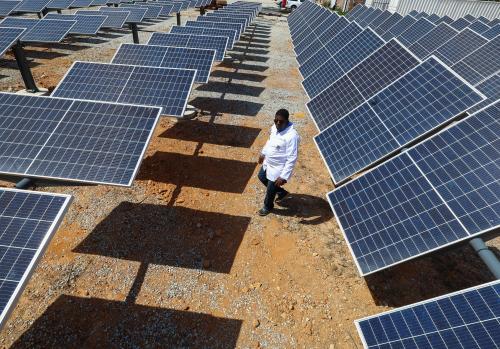Environmental Policy is always contentious, largely because environmental laws and rules inevitably create economic winners and losers. (Greve and Smith 1992). But important noneconomic values clash as well. “Partnership”—a label that the Environmental Protection Agency (EPA) applies to its relations with almost any entity it is not suing—is but one of many magnets for ambiguity and contention. Which partner (EPA, a state agency, or a local government) should take the lead in raising or deciding a given question? Every answer likely attracts a different supporting coalition. The former champion of equitable treatment (defined as treating like cases alike), faced by different and prospectively more painful circumstances, will tend suddenly to see the virtue of responsiveness and “flexibility” (Wilson 1989, 326). The environment/development trade-off has been so fundamental a problem for so long that a furious search for “win-win” approaches and “green gold” is now a regular motif in environmental Policy discourse (Gore 1993; Moore and Miller 1994). But if that trade-off has prompted considerable creativity, another political and intellectual puzzle looms as far more challenging: the tension between rationalizing and democratizing strains in environmental policy reform (Foreman, 1998).



Commentary
Blended Rationality and Democracy: An Elusive Synthesis for Environmental Policy Reform
September 1, 1998